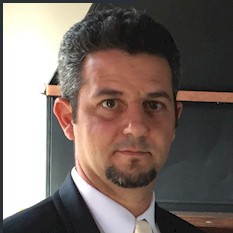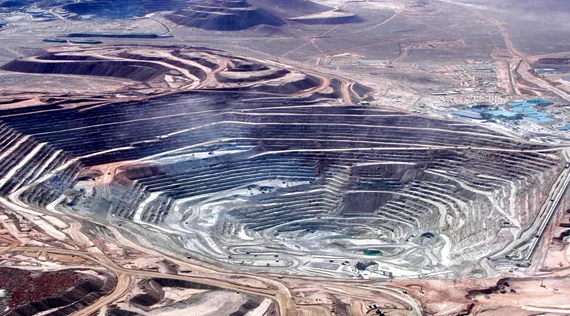Umicore - Rhodia develop unique rare earth recycling process for NiMH batteries
Battery Recycling | 2011-06-20 07:21:54
A unique recycling process which combines the capabilities of Umicore's proprietary Ultra High Temperature (UHT) battery recycling process with Rhodia's rare earth refining competences, have been developed for the recycling of rare earth elements (REE) from Nickel Metal Hydride (NiMH) rechargeable batteries.
PARIS (Scrap Monster): A unique recycling process which combines the capabilities of Umicore’s proprietary Ultra High Temperature (UHT) battery recycling process with Rhodia’s rare earth refining competences, have been developed for the recycling of rare earth elements (REE) from Nickel Metal Hydride (NiMH) rechargeable batteries.
The process will be able to service the whole range of NiMH batteries from portable applications to the batteries for hybrid electric vehicles. It is expected that first recovery of rare earth materials will take place by the end of 2011.
The batteries will be treated at Umicore’s new battery recycling plant in Hoboken. After the separation of the nickel and iron from the rare earths, Umicore will process the rare earths into a high grade concentrate that will be refined and formulated into rare earth materials at Rhodia’s plant in La Rochelle (France).
The main use of NiMH batteries is in rechargeable AA and AAA batteries, typically used in domestic applications such as cordless phones, toys, power tools and hybrid electric vehicles. A typical NiMH battery contains around 7% of rare earth elements.
Umicore is a global materials technology group. Its activities are centred on four business areas: Catalysis, Energy Materials, Performance Materials and Recycling.
Rhodia is an international chemical company resolutely committed to sustainable development. Structured around 11 Global Business Units (GBUs) within 5 business clusters, Rhodia is the partner of major players in the automotive, electronics, flavors and fragrances, health, personal and home care markets, consumer goods and industrial markets.
This recycling process combines the capabilities of Umicore and Rhodia to represent a new step in towards recycling of rare earths from end-of-life equipment.
 By
By 